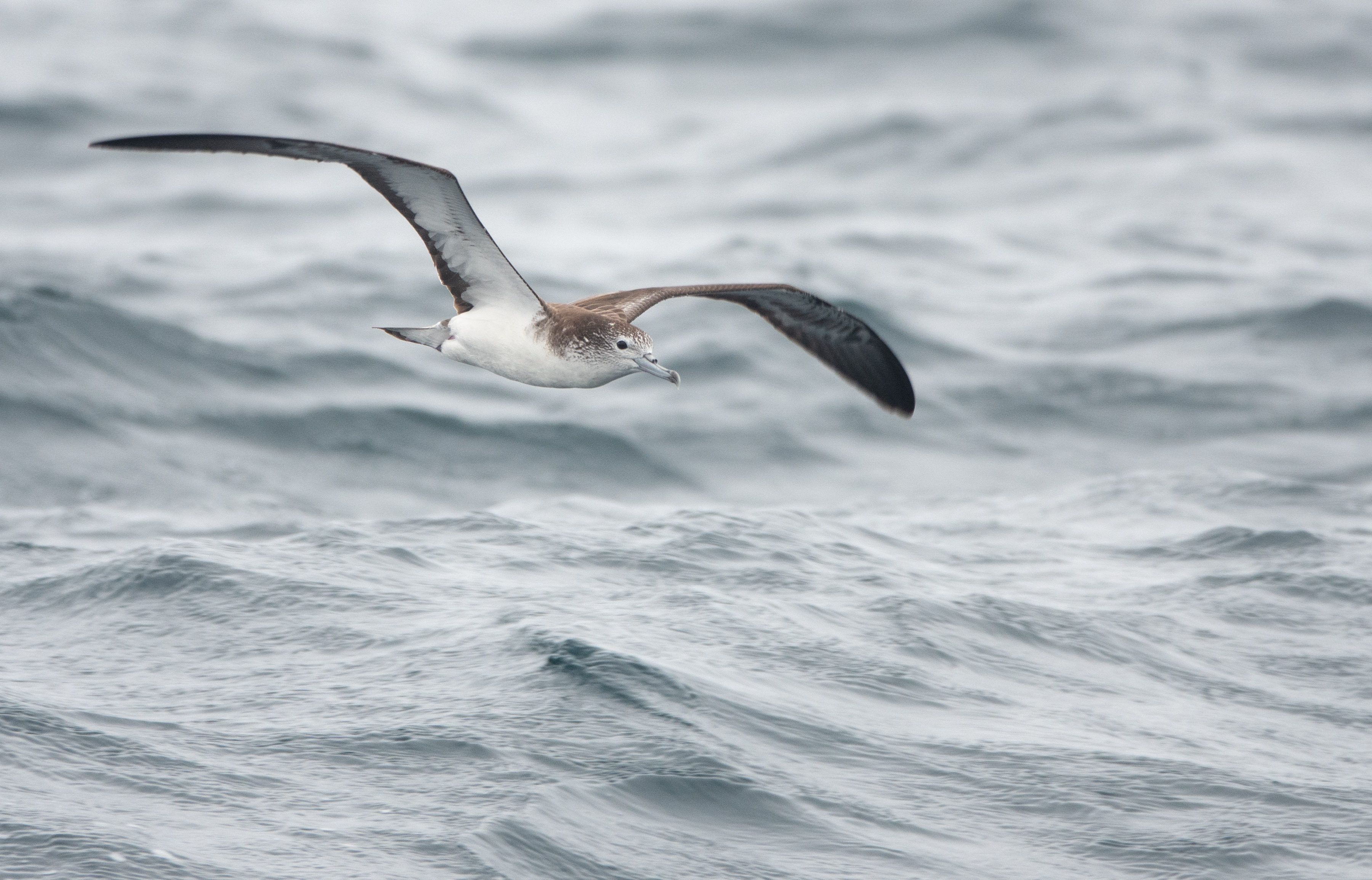
The Centre for Ecosystem Science welcomes the opportunity to provide advice to the Draft Wildlife Conservation Plan for Seabirds, Commonwealth of Australia 2019plan. We provide nine recommendations which we believe would increase the effectiveness of the plan and reflect the current state of scientific knowledge.
Recommendation 1: The Royal penguin urgently requires an EPBC listing as a marine species and consideration against the criteria for threatened species. If the species does not qualify as a threatened species, it should be listed under this plan and appropriate conservation advice and management plans detailed.
Recommendation 2: The main part of the document needs to be strengthened in relation to seabird conservation and declining productivity as a result of shifting currents, citing relevant scientific evidence.
Recommendation 3: Given the impacts of climate change on productivity, already affecting seabirds (Carroll et al. 2016, Gorta et al. 2019), listing this issue as “almost certain” in Table 3 (pg. 37), as opposed to “likely” would be more appropriate under the criteria provided.
Recommendation 4: It is critical that this action plan accurately highlight all species vulnerable to climate change effects, accurately reflecting Garnett and Franklin (2014).
Recommendation 5: The recommended actions and their budgets in Garnett and Franklin (2014) should be included in the “Recommended Management Actions” sections for each relevant species, given these are the most up-to-date recommendations for climate change management of seabirds available.
Recommendation 6: Inclusion and acknowledgement of the effects of ENSO on Sooty Terns (e.g., Ashmole 1963, Schreiber & Schreiber 1984, Duffy 1990, Erwin & Congdon 2007) is needed in the relevant section quoted above (c.).
Recommendation 7: In relation to d., the statement “however, stochastic events such as storms and cyclones are beyond the control of management authorities and have not been addressed for the species in this Plan” is valid, however it is appropriate to link the increased incidence of extreme storm events to climate change (e.g., Steffen et al. 2019) and recognise that we can take action to address this.
Recommendation 8: Extensive, feasible and measurable goals, management actions and performance criteria need to be listed within this plan to address the severity of the threats climate change poses for seabirds in the short and long-term. These need to be in-line with evidence-based advice, for example from Garnett and Franklin 2014.
Recommendation 9: Clearly defined and measurable action to reduce seabird bycatch, in line with quantifiable and measurable goals to achieve this outcome are required to ensure this action is achieved.
See the whole submission attached in PDF below.
